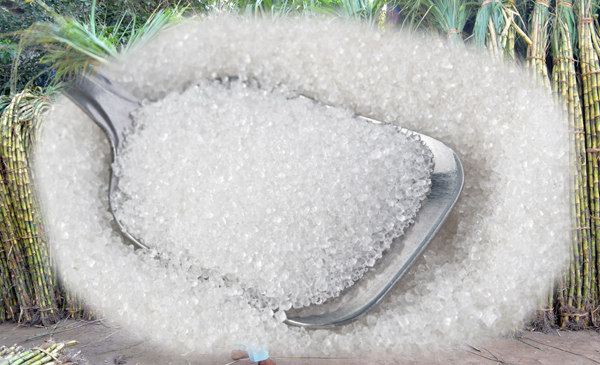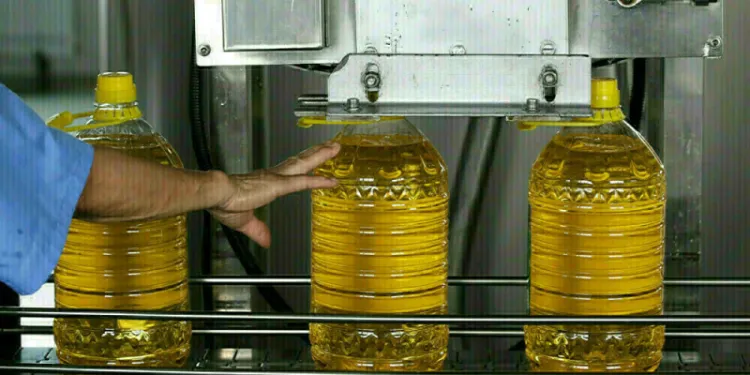Monday, 16 November 2015 18:04
 JAKARTA: Indonesia’s overseas purchases of raw sugar will rise 5 percent next year due to growing demand from the food and beverages sectors, an industry group said on Monday.
JAKARTA: Indonesia’s overseas purchases of raw sugar will rise 5 percent next year due to growing demand from the food and beverages sectors, an industry group said on Monday.
Higher purchases by the world’s No.2 importer, which has been aggressively pursuing food self-sufficiency policies, could underpin global raw sugar prices that hit a 10-month top in November amid worries the world market was shifting into a deficit after several years of surpluses.
Indonesia’s raw sugar imports are seen at 3.25 million tonnes next year, up from 3.1 million tonnes in 2015, Wisnu Priyatna, chairman at the Indonesian Sugar Refineries Association told Reuters.
About 70 percent of this year’s imports have been realised, with the rest due to arrive before year-end, Priyatna said, adding that instant coffee sachets were a key demand driver.
Priyatna is also the president director at Andalan Furnindo, one of the 11 raw sugar refineries operating in Southeast Asia’s biggest economy.
Other refinery owners include Olam International, Louis Dreyfus and Wilmar International. The country has a total refining capacity of 5.4 million tonnes.
Indonesia’s sugar industry is split in two and is tightly regulated. Households, retail and small-to-medium firms rely on domestic white sugar supplied by a network of older mills, while modern refineries import raws for large-scale food and beverage industries, mostly from Brazil, Thailand and Australia.
However, many refineries were forced to close late last year and early this year after Indonesia slashed or delayed issuing import permits in order to curb the country’s imports.
While Indonesia has indicated it may relax its raw sugar import regulations next year and set quotas every six months rather than quarterly to ensure certainty of supply for refineries, the trade ministry has said import tariffs will remain at 5 percent to protect domestic producers.
Some market participants had been expecting a drop in Indonesia’s import tariffs under new ASEAN (Association of Southeast Asian Nations) trade rules, giving Thailand an upper hand versus other suppliers.
Any reduction next year on the 5 percent import tariff would allow Thailand to become the dominant supplier, but it is unlikely the government would agree to abolish the whole tariff, Priyatna said.
Indonesia’s trade ministry could not be reached for a comment on Monday. President Joko Widodo has set a series of ambitious food self-sufficiency targets this year, which has led to curbs on various food imports and fluctuating prices.





























